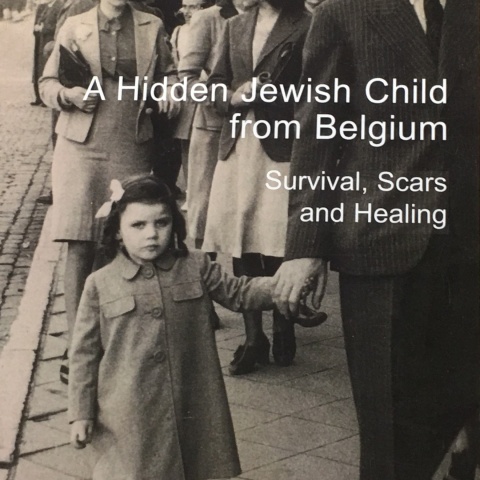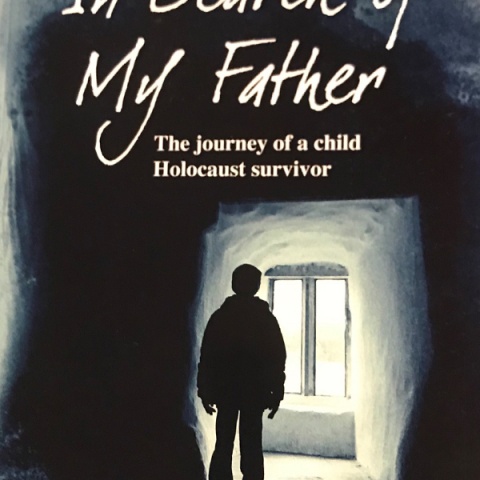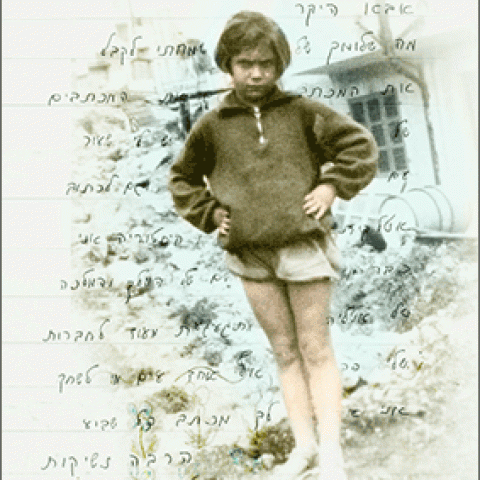Product Description
In 1942 a unit of ordinary, middle-aged, German reserve policemen were ordered to liquidate a Jewish village. Most of them had never fired a shot at a human being before, yet they killed with little hesitation and eventually went on to slaughter tens of thousands in cold blood. How could this transformation have taken place?
Christopher R. Browning’s shocking study of how Reserve Police Battalion 101 became mass murderers has already achieved classic status all over the world. By examining the policemen’s frank personal testimonies from their post-war interrogations, he builds up a startling study of human evil in the Holocaust. He does not present us with psychotic sadists, and, in his powerful response to Daniel Goldhagen’s Hitler’s Willing Executioners, also refutes the idea of a pervasive anti-Semitism unique to German culture. Instead, the result is a far more disturbing view of humanity – one which also has powerful implications for society today.
Industry Reviews
Chilling analysis of how a typical unit of German police actually operated during the Holocaust, by Browning (History/Pacific Lutheran Univ.). In March 1942, some 75 to 80 percent of all victims of the Holocaust were still alive. Eleven months later, 75 to 80 percent were dead – the result, Browning says, of “a short, intense wave of mass murder,” centered in Poland. During 16 months, Reserve Police Battalion 101, a unit of just over 450 men from Hamburg, was responsible in Poland for the shooting of 39,000 Jews and the deportation to Treblinka of 44,000 more. The horror began on July 13, 1942, when the unit’s commander, one Major Trapp, ordered his men to round up 1,800 Jews from the village of Jozefow, to select several hundred as “work Jews,” and to shoot the rest – men, women, and children. Trapp apparently gave the order with tears in his eyes and gave permission to older soldiers not to participate. Altogether, 10 to 20 percent of the battalion availed themselves of this permission. The remaining men carried out the assignment: “the shooters were gruesomely besmirched with blood, brains, and bone splinters. It hung on their clothing.” What sort of men were they? Browning bases his answers on the judicial interrogation in the 1960’s of 210 men from the battalion. They were ordinary men, he finds, on the elderly side, drawn from the lower orders of German society, and few had an education above junior-high-school level. And after examining studies dealing with this phenomenon and evidence of such conduct in other wars, Browning determines that it’s not just Nazism or Germans that produces such men: There were American units in the Pacific that boasted of never taking captives. “If the men of Reserve Police Battalion 101 could become killers under such circumstances,” he writes, “what group of men cannot?” It is the care with which Browning examines the evidence, as well as the soberness of his conclusions, that gives this work such power and impact. (Kirkus Reviews)
9780141000428








What’s On Newsletter
Keep up to date on all Museum events and exhibitions.